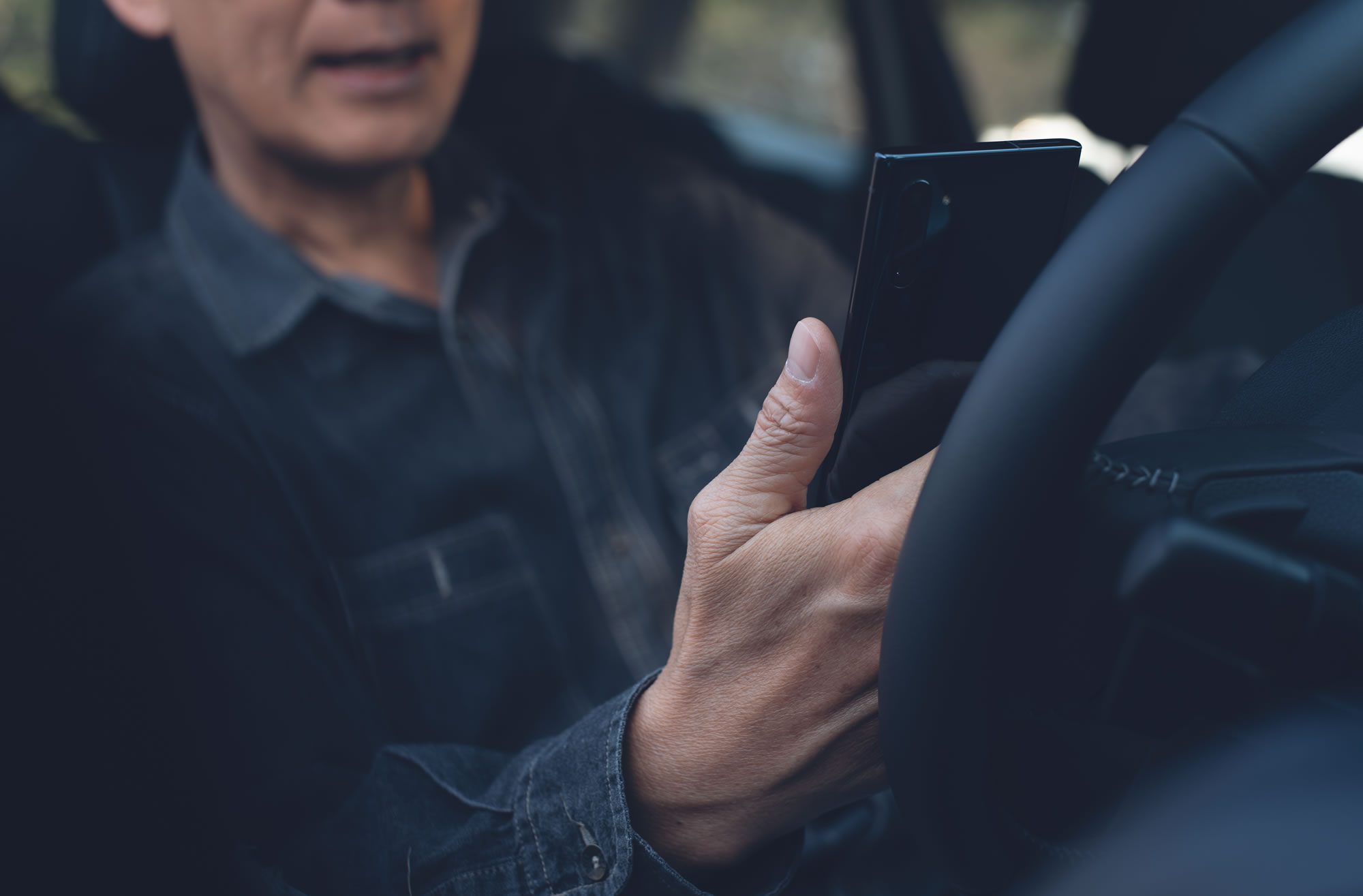According to an AT&T survey, 70% of people use their smartphone while operating a motor vehicle.
But the New York Times says Some People Do More Than Text While Driving:
- 40% of drivers are taking selfies and shooting videos.
- 40% of drivers visit social networking sites such as Facebook, Twitter, Instagram, Snapchat and LinkedIn.
- 30% of drivers surf the Internet.
- 10% of drivers video chat on Skype and FaceTime.
Additional unsettling facts include:
- 62% of drivers keep their smartphones within easy reach.
- 30% of drivers post to Twitter while driving.
- 22% of drivers say they are addicted to using smartphones while driving.
- 27% of drivers think they can safely shoot videos while driving.
AT&T is expanding their It Can Wait campaign from focusing on texting while driving to include additional smartphone activity.
The province, ICBC and local police launched a safety campaign educating BC drivers about the dangers of using their smartphones while driving. The number of tickets handed to BC motorists caught using a smartphone on the road has more than doubled during the past four years. ICBC also blames distracted driving for a proposed 5.2 percent increase to basic insurance rates.
“When we launched It Can Wait five years ago, we pleaded with people to realize that no text is worth a life,” said Lori Lee, AT&T’s global marketing officer. “The same applies to other smartphone activities that people are doing while driving. For the sake of you and those around you, please keep your eyes on the road, not on your phone.”
For more information:
- Smartphone Use While Driving Grows Beyond Texting to Social Media, Web Surfing, Selfies, Video Chatting; AT&T Newsroom
- Some People Do More Than Text While Driving, The New York Times
- Provincial Campaign Targets Distracted Drivers, Slater Vecchio







